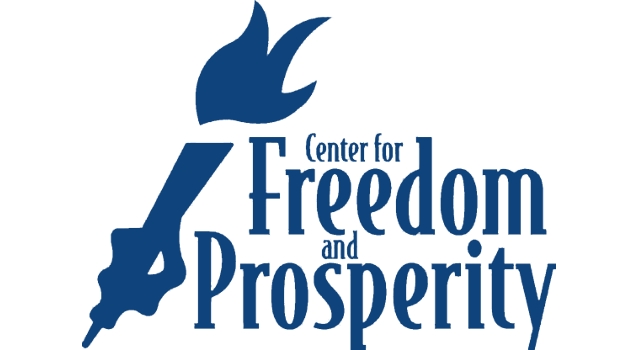This article appeared on Medium on March 12, 2016.
While accepting his award for Best Adapted Screenplay at the Oscars last month, The Big Short screenwriter and director Adam McKay warned, “If you don’t want big money to control government, don’t vote for candidates that take money from big banks, oil, or weirdo billionaires.” Based on that admonition, the plot for a potential sequel might be unfolding right now in Washington, DC as hedge fund billionaire Bill Ackman has enlisted friends in government to profit on his short of nutritional supplement company Herbalife.
The Big Short didn’t capture all of the factors that contributed to the financial crisis, like the many misguided government policies that incentivized irresponsible borrowing and lending, but it did accurately convey the narrow greed and cronyism involved in the collapse of the US housing market. While unlikely to produce the same level of economic destruction, the story of Pershing Square fund manager Bill Ackman’s effort to take down Herbalife hits many of the same themes.
In contrast to the movie, the short now in question comes from the potential antagonist instead of a cadre of purported good guys. In 2012, Ackman placed a $1 billion bet that Herbalife stock would collapse. Not much of a story there, but the tale gets interesting due to what he did next.
In a rare move, Ackman backed his short with a public presentation outlining his case against Herbalife. Of more intrigue to potential screenwriters, he then called on his pals in government to put the squeeze on his target so he could cash in big time.
Central to Ackman’s case is Herbalife’s status as a multi-level marketer, which means it relies on the recruitment of independent contractors as distributors to sell its popular weight loss product. He considers all such operations to be pyramid schemes, but the law takes a more nuanced approach. The FTC decades ago sanctioned the business model as legitimate if it meets certain criteria, like not relying too heavily on recruitment for income compared to moving product.
Prosecutors recently disclosed that an investigation failed to turn up cause for pursing Herbalife. Fellow investors have thus far also rejected Ackman’s case and not delivered the blow to Herbalife’s stock that he bet on.
Still, Ackman’s deep pockets continue to apply pressure on his behalf.
The FTC is reportedly close to the end of its own investigation. It and the SEC were not only lobbied directly by Ackman, but were also pressured by lawmakers like Senator Edward Markey (D-MA), who wrote to the agencies at Ackman’s request. In a potential plot twist, Pershing Square has faced its own accusations that it engaged in market manipulation by trading on knowledge of Markey’s letter before it was released. It should come as no surprise that Ackman is a major political contributor to the Democratic Party.
If billionaire hedge fund managers can rely on politicians and regulators to bail them out from bets that go south, it will only encourage more such cronyism going forward. The ability to use regulators as a market tool also puts a costly target on the back of almost any company and would further slow job creation. So while Ackman v. Herbalife might make for a good story or even an Oscar winner, it ought to be no one’s idea of how a healthy economy should function.

